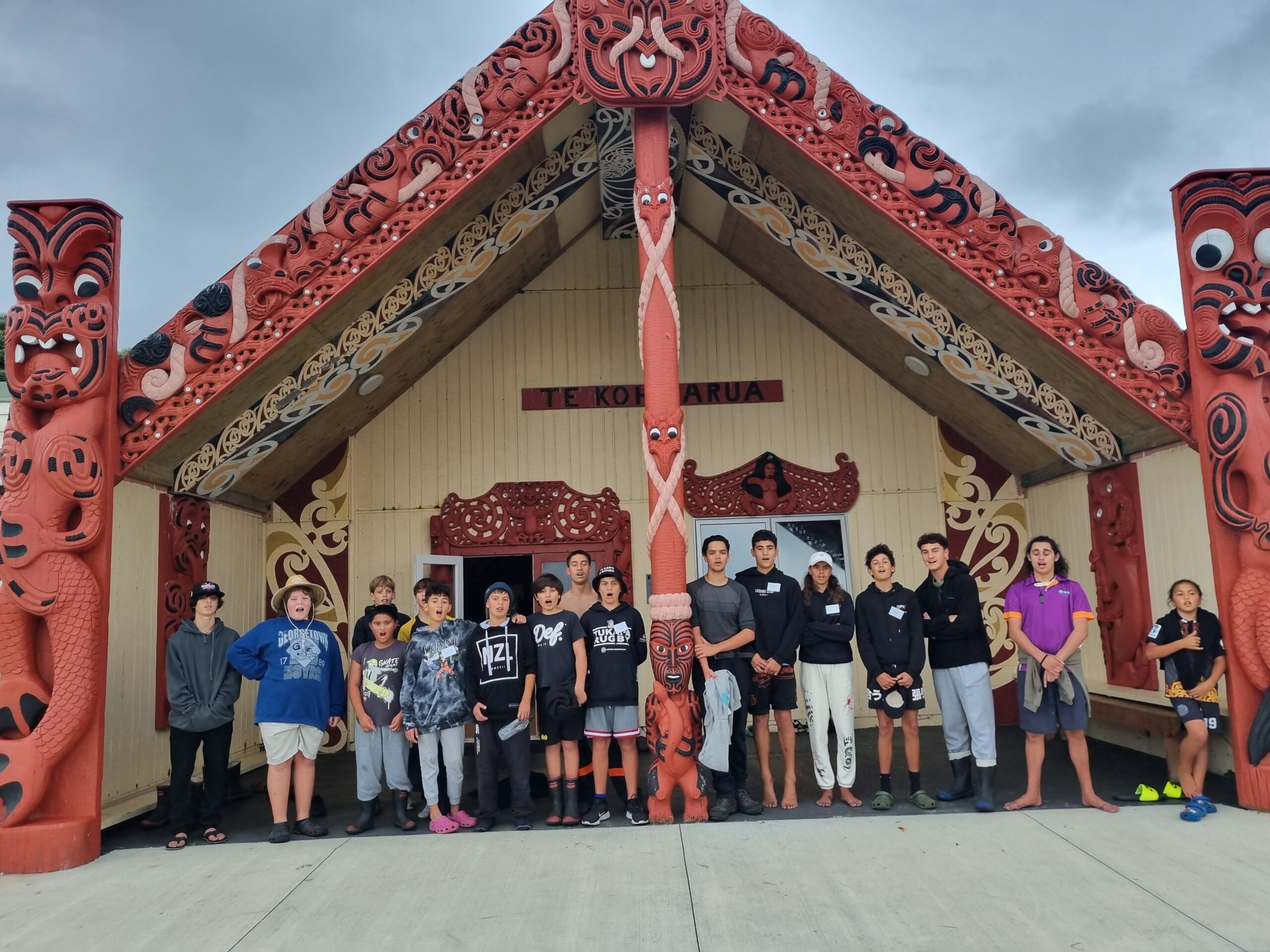Te Kawa o Rongo
Pou Herenga Tangata Organisation Awardee 2024
Te Kawa o Rongo is a rangatahi-focused organisation seeking to nurture rangatahi tāne with the goal of reconnecting Māori youth with their culture and identity.
 Te Kawa o Rongo’s moemoeā…
Te Kawa o Rongo’s moemoeā…
Te Kawa o Rongo are nuturing rangatahi to be confident and competent in te ao Māori, through the realm of Rongo. “Te Kawa o Rongo mō ngā taitamawahine me ngā taitamatane, kia ū, kia mau, kia ita.”
For our rangatahi to become better sons, better men, better fathers, better role models within their whānau and for our communities. To create a balanced and reciprocal relationship between the male and female elements.
To develop and empower the next generation of positive Māori sons, men and fathers to be firm in their identity as Māori, immersed in their tikanga and sense of belonging as Māori, to be the pillars of their whānau.
Te Kawa o Rongo are in absolute belief, that they can create the “social change” required within the next generation of tāne Māori (Māori boys). By reintroducing these rangatahi to a belief system that is rich with knowledge and empowerment. We seek to reconnect rangatahi to the customs and ways of our old people. The keepers of knowledge and wisdom enshrined with mātauranga Māori.
Te Kawa o Rongo runs a development programme with the goal of reconnecting Māori youth with their culture and identity. We believe that because of this approach, various other structural problems within society will surely be addressed as well, just by simply having better male figures within the household.
Through early intervention, our programs are constantly being developed and refined by positive Māori male role models, who utilise proven tools such as:
Outdoor activities such as climbing our maunga, bush walks, hiking along trails, camping, survival training, team building, communications exercises, trust exercises, discussing dreams and ambitions, traditional & non-traditional Martial Arts, Toi Māori to establish a stronger connection to their identity & culture for a greater sense of belonging within their whānau and the wider community.



